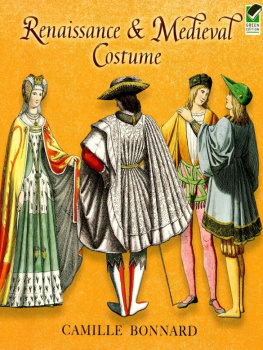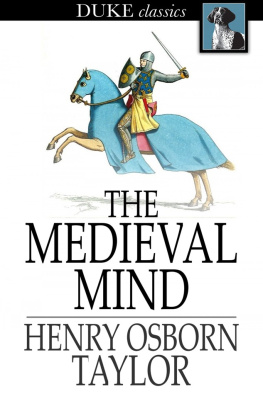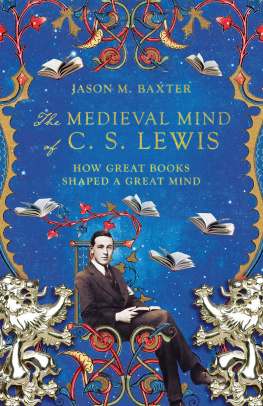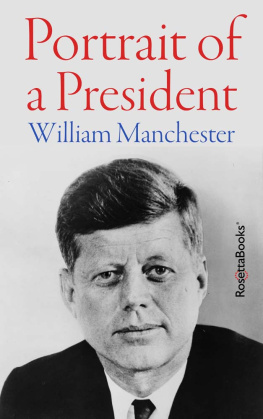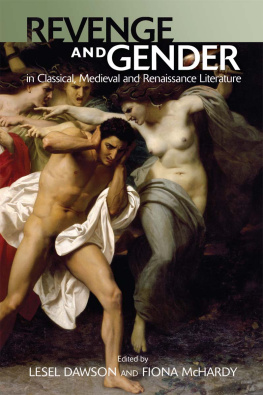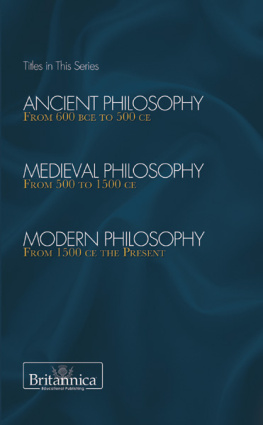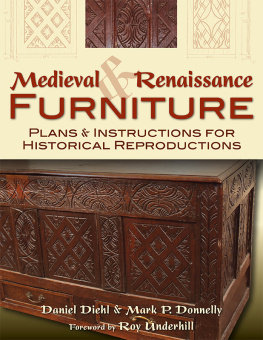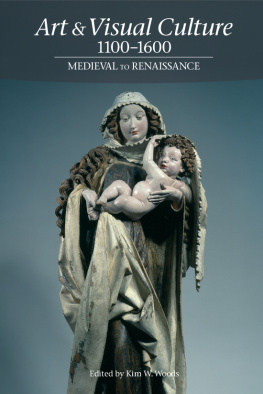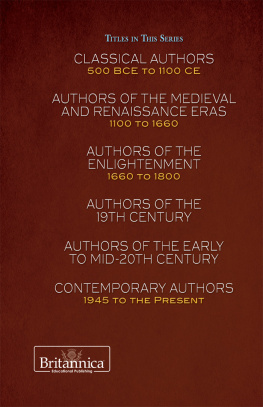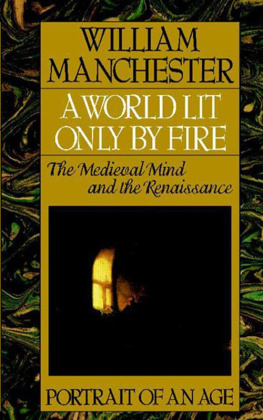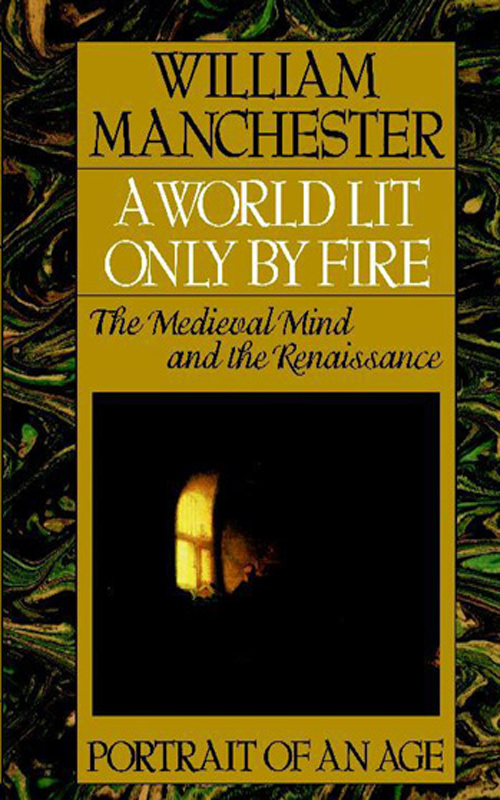Biography
DISTURBER OF THE PEACE: The Life of H. L. Mencken
A ROCKEFELLER FAMILY PORTRAIT: From John D. to Nelson
PORTRAIT OF A PRESIDENT: John F. Kennedy in Profile
AMERICAN CAESAR: Douglas MacArthur, 18801964
THE LAST LION: WINSTON SPENCER CHURCHILL; Visions of Glory: 18741932
THE LAST LION: WINSTON SPENCER CHURCHILL; Alone: 19321940
History
THE DEATH OF A PRESIDENT: November 20November 25, 1963
THE ARMS OF KRUPP, 15871968
THE GLORY AND THE DREAM: A Narrative History of America, 19321972
A WORLD LIT ONLY BY FIRE. The Medieval Mind and the Renaissance: Portrait of An Age
Essays
CONTROVERSY: And Other Essays in Journalism, 19501975
IN OUR TIME
Fiction
THE CITY OF ANGER
SHADOW OF THE MONSOON
THE LONG GAINER
Diversion
BEARD THE LION
Memoirs
GOODBYE, DARKNESS: A Memoir of the Pacific War
ONE BRIEF SHINING MOMENT: Remembering Kennedy
Copyright 1992 by William Manchester
All rights reserved. No part of this book may be reproduced in any form or by any electronic or mechanical means, including information storage and retrieval systems, without permission in writing from the publisher, except by a reviewer who may quote brief passages in a review.
Hachette Book Group
237 Park Avenue
New York, NY 10017
Visit our website at www.HachetteBookGroup.com
First eBook Edition: September 2009
ISBN: 978-0-316-08279-2
TO
TIM JOYNER
ATHLETE COMRADE SCHOLAR FRIEND

Ein Kugel kam geflogen:
Gilt es mir oder gilt es dir?
Ihn hat es weggerissen;
Er liegt mir vor den Fssen
Als wra ein Stck von mir.
Girolamo Savonarola. Painting by Fra Bartolomeo della Porta. Alinari-Scala/Art Resource, NY.
A sixteenth-century town wall. From Life on a Medieval Barony by William Stearns Davis copyright 1923 by Harper & Brothers; copyright renewed 1951 by William Stearns Davis. Reprinted by permission of HarperCollins Publishers Inc.
A medieval fair. From Life on a Medieval Barony by William Stearns Davis copyright 1923 by Harper & Brothers; copyright renewed 1951 by William Stearns Davis. Reprinted by permission of HarperCollins Publishers Inc.
Home of a medieval nobleman. From the restoration by Viollet-le-Duc. From Life on a Medieval Barony by William Stearns Davis copyright 1923 by Harper & Brothers; copyright renewed 1951 by William Stearns Davis. Reprinted by permission of HarperCollins Publishers Inc.
King Francis I of France. Painting by Jean Clouet. Alinari/Art Resource, NY.
Pope Julius II. Detail from fresco The Mass of Bolsena, by Raphael. Alinari/Art Resource, NY.
Alexander VI, the Borgia pope. Detail from mural The Resurrection, by Pinturicchio. Alinari/Art Resource, NY.
Giulia Farnese. Detail from painting The Transfiguration, by Raphael. Alinari/Art Resource, NY.
Lucrezia Borgia. Detail from mural La Disputa de Santa Caterina, by Pinturicchio. Alinari/Art Resource, NY.
Cesare Borgia. Painting by Marco Palmezzano. Alinari/Art Resource, NY.
Nicolaus Copernicus. Engraving, artist unknown. Alinari/Art Resource, NY.
Leonardo da Vinci. Chalk drawing, self-portrait. Alinari/Art Resource, NY.
Niccol Machiavelli. Terra-cotta bust, artist unknown. Alinari/Art Resource, NY.
Sir Thomas More. Painting by Hans Holbein the Younger. Copyright The Frick Collection, New York.
Cupola of St. Peters. Michelangelo. Alinari/Art Resource, NY.
Desiderius Erasmus. Painting by Hans Holbein the Younger. Alinari/Art Resource, NY.
The traffic in indulgences. Detail from woodcut by Hans Holbein the Younger. The Metropolitan Museum of Art, Harris Brisbane Dick Fund, 1936. (36.77).
St. Peters Square in Rome at the time of the coronation of Pope Sixtus V, in 1585. Painting from the Sala Sistina. The Granger Collection, New York.
Martin Luther. Painting by Lucas Cranach. Alinari/Art Resource, NY.
Pope Leo X. Painting by Raphael. Alinari/Art Resource, NY.
Emperor Charles V (Carlos I of Spain). Painting by Titian. Alinari/Art Resource, NY.
The Reformation Monument, Geneva.
John Calvin. Painting, artist unknown. Alinari/Art Resource, NY.
Pope Clement VII. Painting by Sebastiano del Piombo. Alinari/Art Resource, NY.
Castel Sant Angelo, Rome. Alinari/Art Resource, NY.
Lutheran satire on papal reform. Woodcut, artist unknown. Illustration courtesy of American Heritage Picture Collection, American Heritage Magazine.
King Henry VIII of England. Painting by Hans Holbein the Younger. Alinari/Art Resource, NY.
Anne Boleyn. Engraving, artist unknown. Alinari/Art Resource, NY.
Ferdinand Magellan. Painting, sixteenth century, artist unknown. Alinari/Art Resource, NY.
Balboa claims the Pacific. Lithograph, nineteenth century. The Granger Collection, New York.
Magellans Armada de Molucca sails from Spain. Wood engraving, nineteenth century. The Granger Collection, New York.
The Ro de la Plata. Bellins Atlas of 1781.
The death of Magellan. Drawing, nineteenth century. The Granger Collection, New York.
C OMPLETE AT LAST, this book is a source of pride, which is pleasant, though in this instance somewhat odd. It is, after all, a slight work, with no scholarly pretensions. All the sources are secondary, and few are new; I have not mastered recent scholarship on the early sixteenth century. This being true, I thought it wise to submit my final manuscript to scrutiny by those steeped in the period, or in certain aspects of it. For example, Dr. Timothy Joyner, Magellans most recent biographer, examined the passages on Magellan. His emendations were many and were gratefully received. My greatest debt, however, is to James Boyden, an authority on the sixteenth century, who was a history professor at Yale when he began his examination of my text and had become a history professor at Tulane when he finished it. I have never known a more scrupulous review than his. His knowledge of the sixteenth century is both encyclopedic and profound. He challenged meand rightly soin virtually every passage of the work. Of course, that does not mean that he or anyone else with whom I consulted is in any way responsible for this volume. Indeed, Professor Boyden took exception to several of my interpretations. Obviously I, and I alone, am answerable for the result.
Another oddity of this book is that it was written, so to speak, inside out. Ordinarily a writer does not begin to put words on paper until he knows much he is going to say. Determining how to say it is the last stepthe most taxing, to be sure, but one preceded by intricate preparations: conception, research, mastering material, structuring the work. Very rarely are the writing and reading experiences even remotely parallel, and almost never does a narrative unfold for the writer as it will later for those turning his pages. The fact that it happened this time makes the volume unique in my experience.
Actually, at the outset I had no intention of writing it at all. In the late summer of 1989, while toiling over another manuscript the last volume of a biography of Winston Spencer ChurchillI fell ill. After several months in and out of hospitals, I emerged cured but feeble, too weak to cope with my vast accumulation of Churchill documents. Medical advice was to shelve that work temporarily and head south for a long convalescence. I took it.


